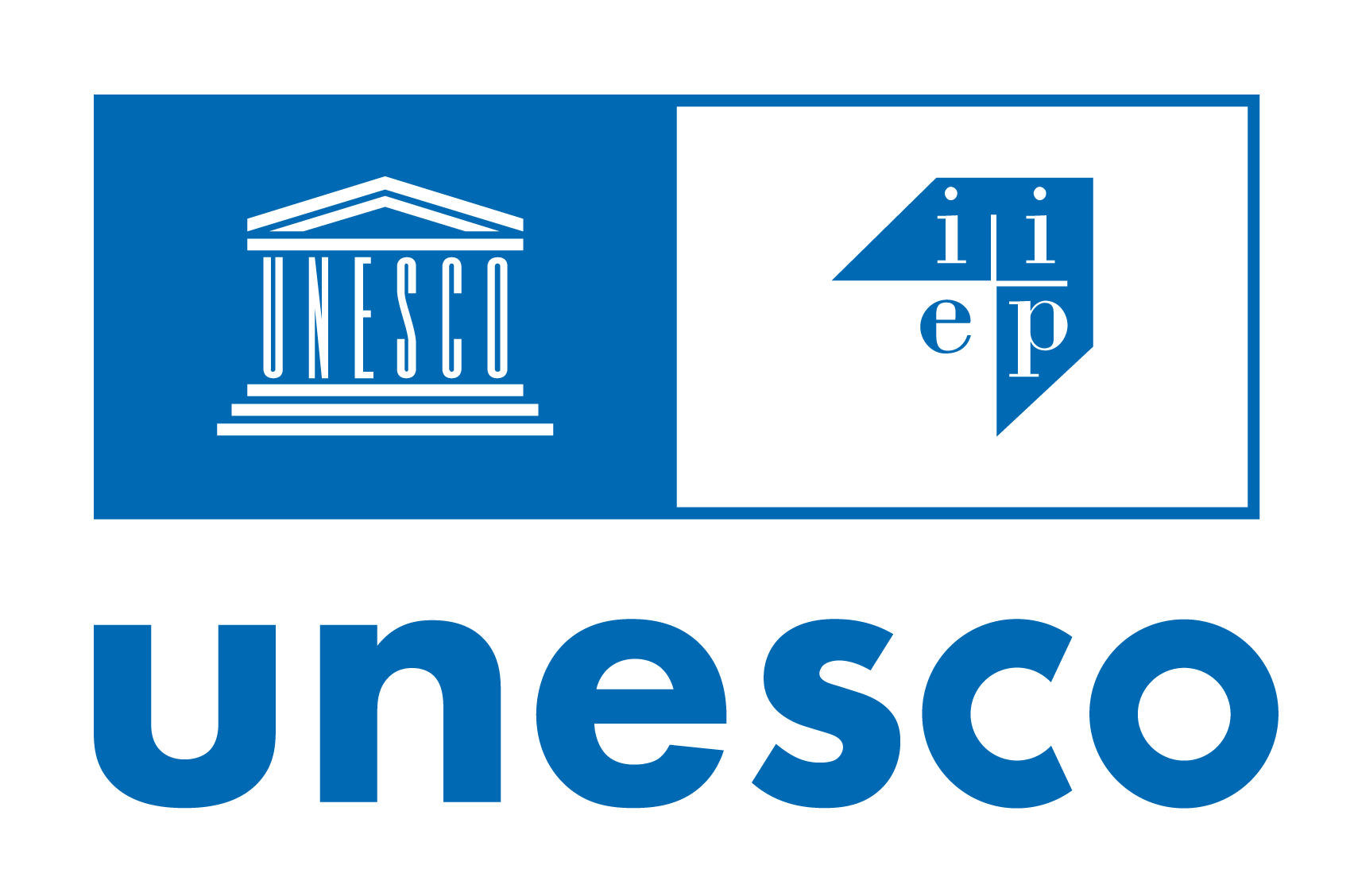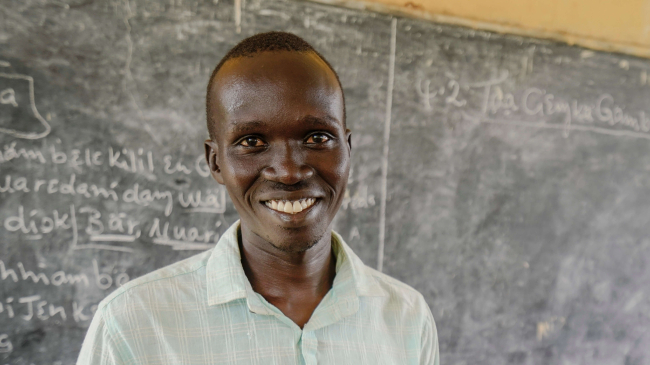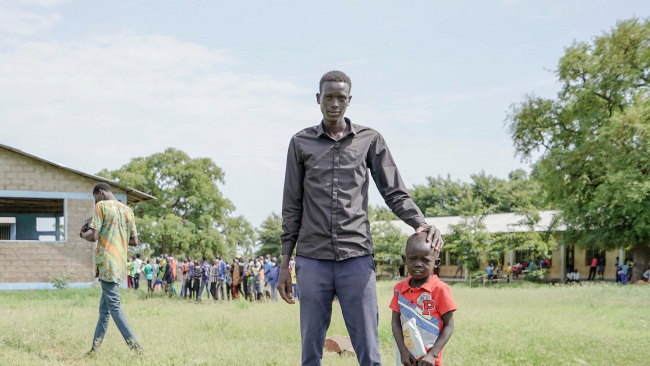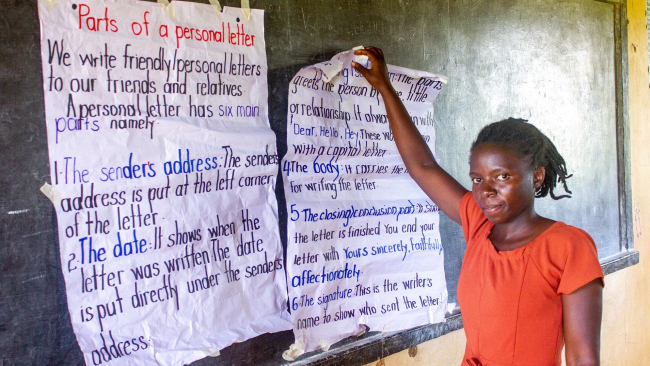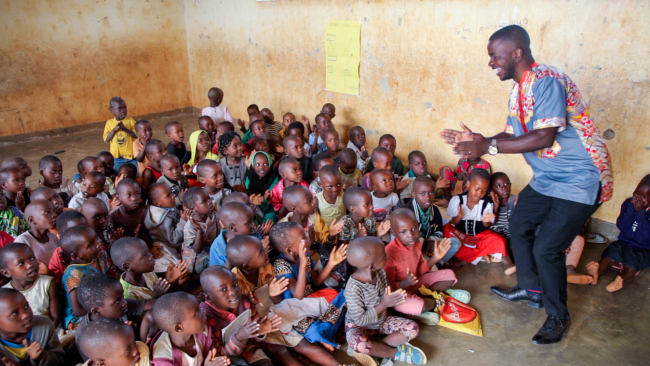Children and youth have a wide range of educational needs in emergency situations, especially when affected by conflict. They may have missed part or all of their primary education or have had their education disrupted. They require specific skills to help them deal with the world they live in. Older children may want to access education but may not be able or willing to attend primary school with younger children. In response to this diversity of needs, alternative education programmes are increasingly implemented in emergency and post-conflict situations. They can contribute to achieving the goals of Education for All, including the improvement of educational quality. This book reviews some alternative education programmes, including those providing alternative access, such as accelerated learning programmes and home-based or community-based schools. It also examines programmes that are alternative in curriculum provision, offering non-traditional subjects such as HIV and AIDS prevention or landmine awareness, and those that provide an alternative pedagogy, using more learner-centered and participatory techniques. Studies from Kenya, Nepal and Sierra Leone provide recommendations for sustainable planning and coordination on the design, implementation and monitoring and evaluation of alternative education programmes.
Year
2009
Pages
194 p.
Series
Education in emergencies and reconstruction
Countries
Resource Types
Languages
